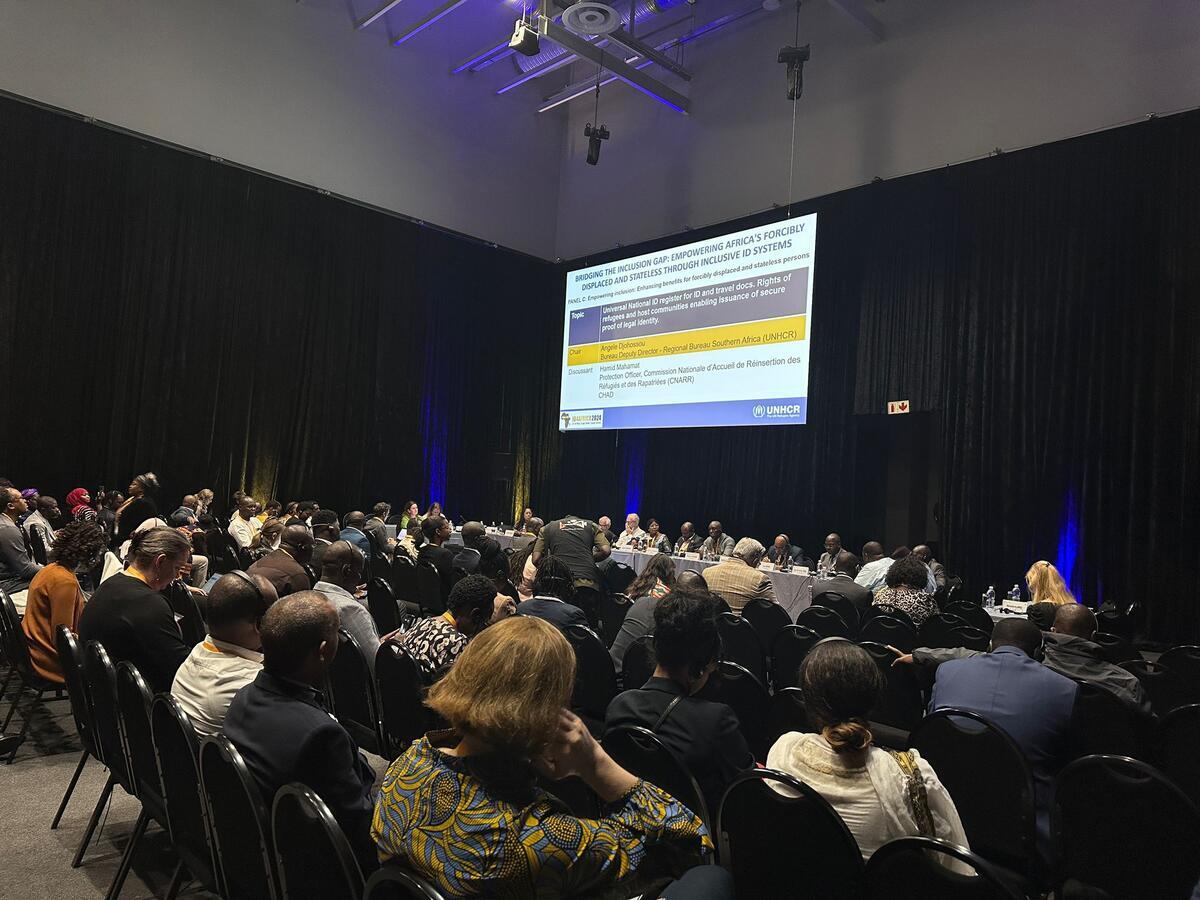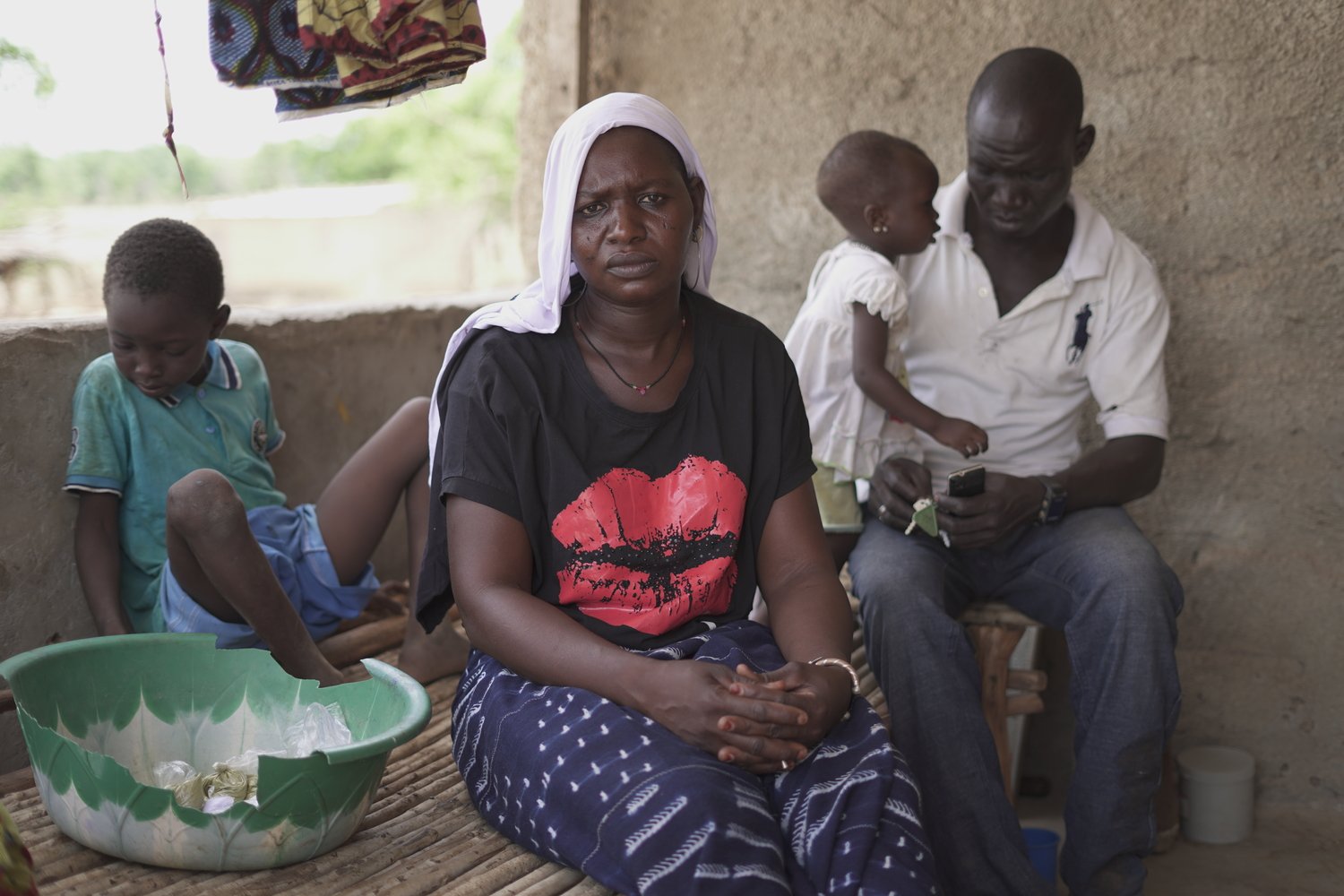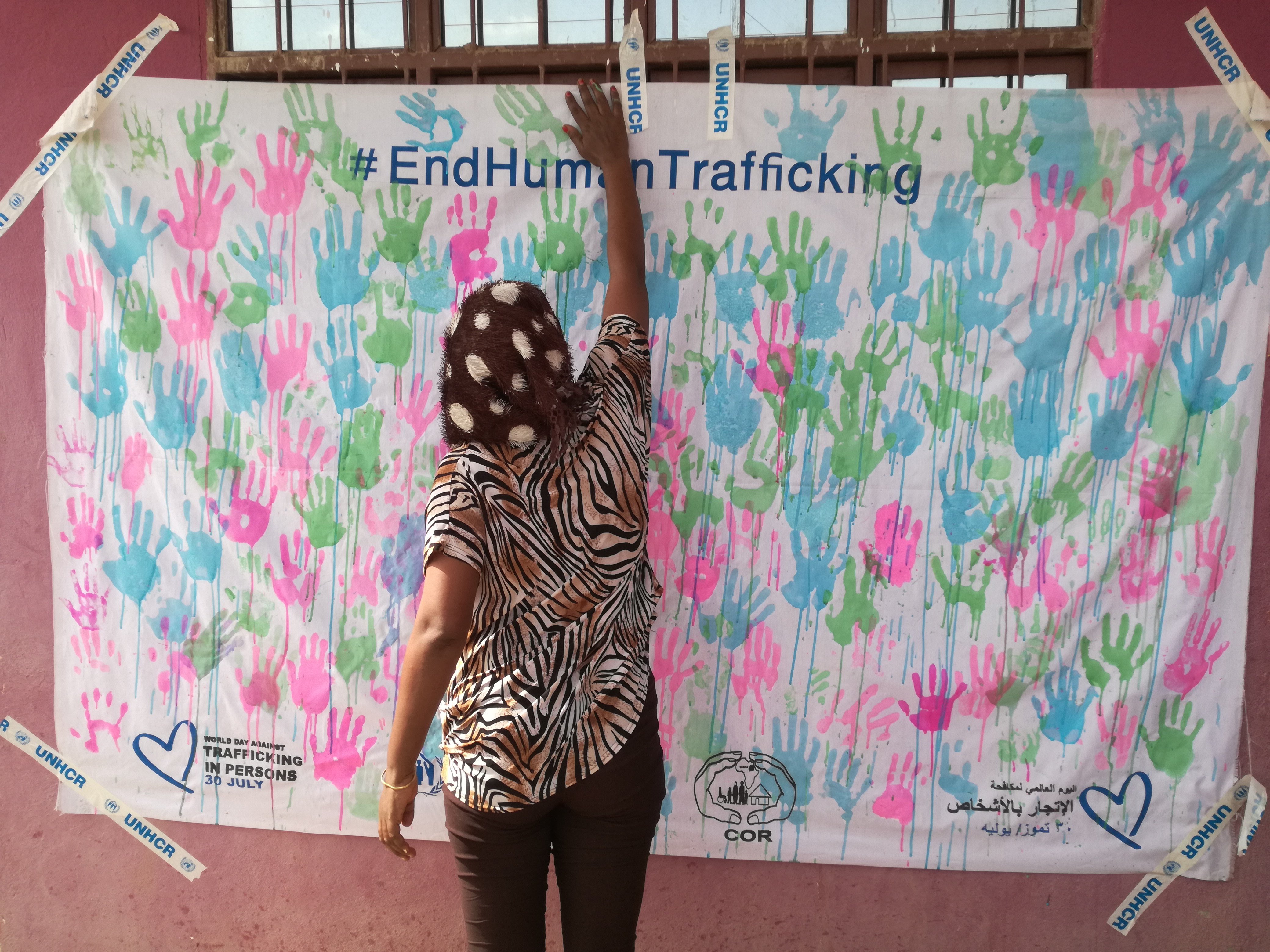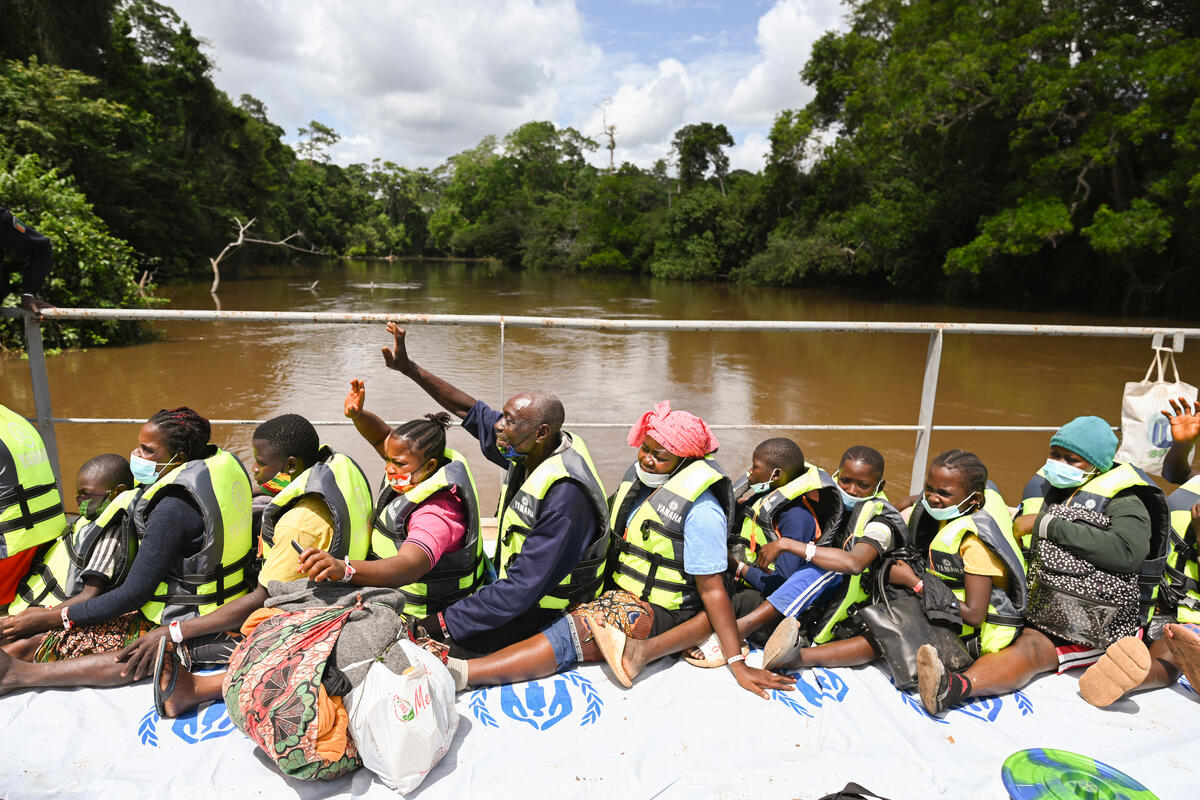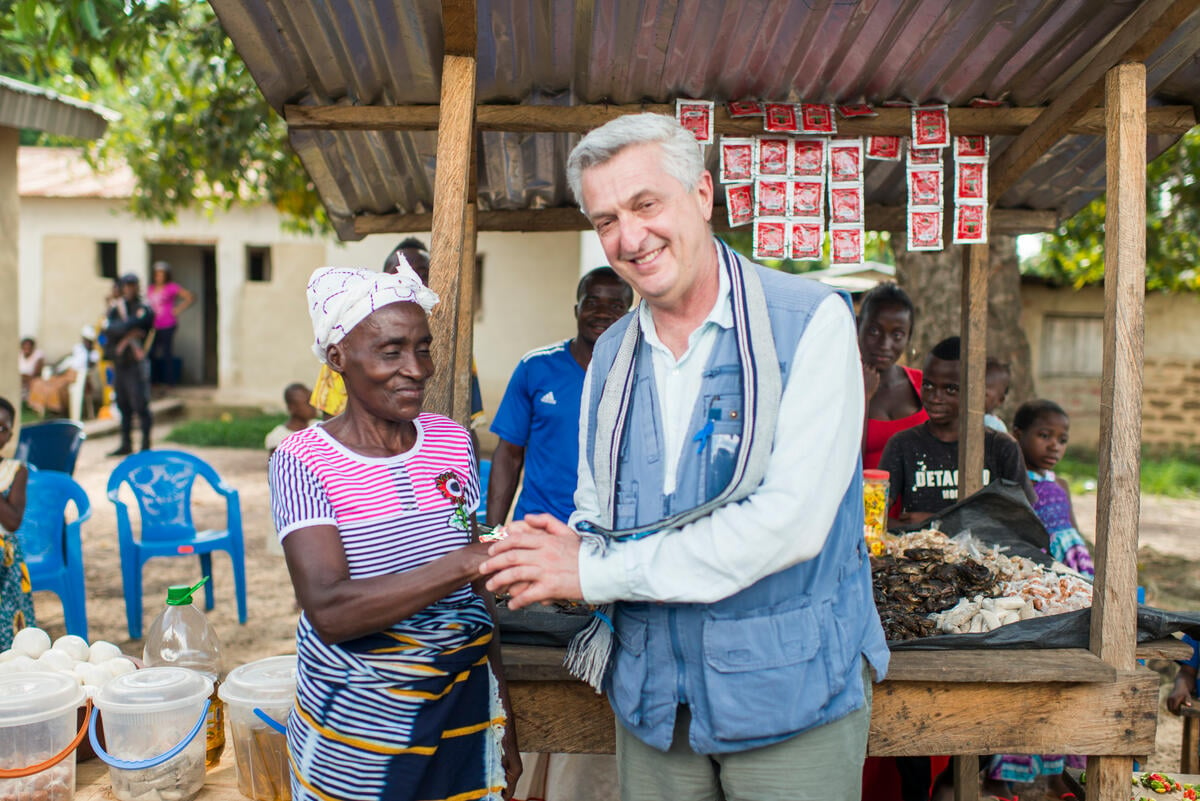Côte d'Ivoire: razing of shantytowns continues
Côte d'Ivoire: razing of shantytowns continues
In Abidjan, the razing of shantytowns located in around the capital that are inhabited by Ivorians, immigrants and refugees alike, continues. More and more people who formerly resided in the shantytowns are being displaced and forced into increasingly unsanitary and inhumane conditions.
Since the conflict started in late September, some 200,000 people have been displaced, including Ivorians, immigrants and refugees. Of the some 73,000 refugees in Côte d'Ivoire, we are currently caring for more than 1,100 newly displaced refugees in seven sites around Abidjan. In addition, several thousand Ivorians have fled to surrounding countries. Several tens of thousands of foreigners have decided to return to their countries, including 6,000 French nationals, but also many other nationals of surrounding countries like Malians, Ghanaians and Nigerians.
NGOs working in Abidjan say that 13 shantytowns have so far been destroyed by either the military or gendarmes. They report that up to 30 more are slated for destruction by the authorities. At the present time, some 40,000 people who formerly lived in the shantytowns have been displaced, agencies estimate. Areas located adjacent to military reservations as well as other settlements located far from sensitive areas have been cleared. Family members have been separated, as sometimes little or no notice is given ahead of the sudden destruction. Sometimes even when no warning has been given that a shantytown is slated for destruction, bulldozers and other heavy machinery are parked outside the communities, seemingly as a warning that the residents should move elsewhere.
At some of the now-destroyed sites, people are staying atop the ruins of their homes. Other residents are living with families and friends. Many other people who long resided in the shantytowns have fled to other, similarly precarious sites. Many children can be seen playing on the ruins of their former homes. Quite a few children are not going to school since their schools have been destroyed, or because they have been displaced and currently live far from any schools, or they don't have the funds to pay new school fees, or their families lost their ID cards or money when their homes were levelled.
Generally, people we've spoken with are expressing increased concern about their security and isolation in the current environment in Côte d'Ivoire. Last Wednesday evening, for example, the curfew was advanced from nine to seven p.m. with less than two hours notice, causing a mad rush of many Abidjan residents who were caught unawares.
With continuing harassment and the departure of many foreign nationals, refugees feel very much alone and exposed. We recently repatriated 26 Sierra Leoneans who asked to return home due to the increasing insecurity. There are more than 550 Sierra Leonean refugees throughout Côte d'Ivoire, some of whom have asked to go back home, and we expect others to come forward. It is not yet clear, due to our current financial situation, if we will be able to afford to return those Sierra Leonean refugees now seeking repatriation.



